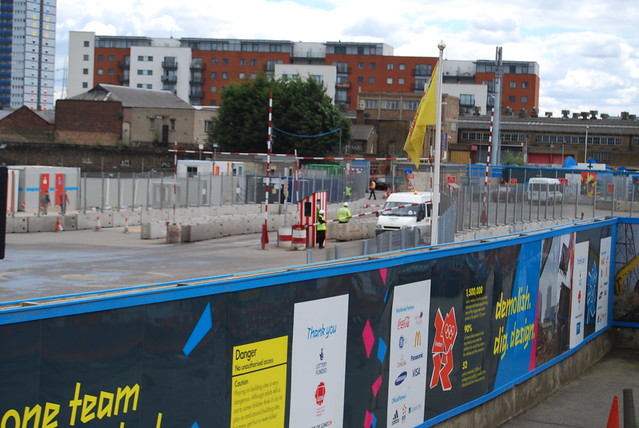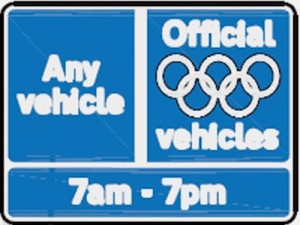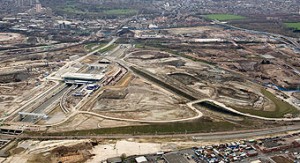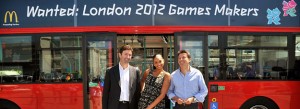Tube and rail travellers will have to wait at least half an hour to board trains at “hotspot” stations during peak hours at the Olympic, transport chiefs admitted earlier this week.
Passengers will be held in lengthy queues or will have to walk to alternative stations, according to the first detailed forecasts of public transport and road demand during the Games.
The busiest station will be London Bridge, with Transport for London (TfL) forecasting delays of at least half an hour during the two-hour evening peak every day during the Games. Other “hotspots” include Bank, Canary Wharf, Canada Water and Bond Street.
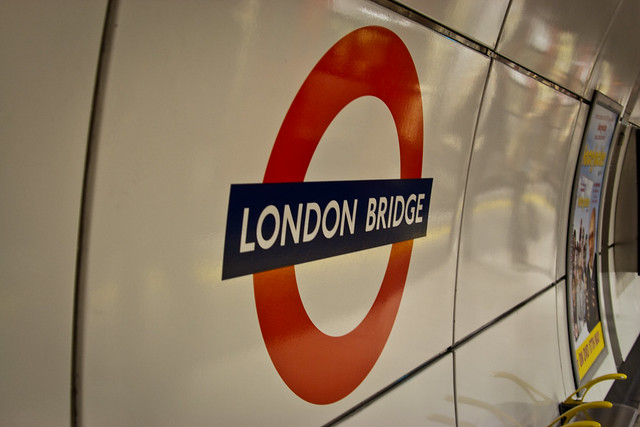 Photo by: Qsimple
Photo by: Qsimple
Volunteers will be situated at hotspot stations issuing travel advice and walking maps. The second stage of TfL’s public information campaign will start early next year and target commuters rather than business. It will profile a further 30 Tube stations and provide travel advice for weekend journeys.
Transport bosses admit that disruption will be much worse if they cannot achieve a 20 per cent reduction in passenger journeys during the Games by persuading commuters to change their travel patterns.
Major challenges are also expected on Monday August 13th, the day after the closing ceremony, with an exodus of teams and their entourages to airports on what will be the busiest day in Heathrow’s history.
In addition to this, motorists have officially been urged not to drive to or through “hotspots”, such as sports venues or cultural festivals and not to take the car during rush hours. People have also been recommended to work from home during the Olympics.
What they don’t seem to take into consideration is the fact that most people are not in a situation where they can work from home for a few weeks. They’re also failing to recognise that many people live miles and miles away from their workplace and walking in every morning would take hours. Then again, it would probably be quicker than getting on the tube…
Click London Olympics for more blogs
See our Olympics project pages for more information and videos.
Or visit PlanA our general blog on urbanism, planning and architecture.
Spectacle homepage
Befriend Spectacle.Docs on Facebook
Follow SpectacleMedia on Twitter

 The 95-year-old was the IOC’s longest-serving member having joined in 1963. He served as Fifa president between 1974 and 1978, before he was replaced by Sepp Blatter.
The 95-year-old was the IOC’s longest-serving member having joined in 1963. He served as Fifa president between 1974 and 1978, before he was replaced by Sepp Blatter.